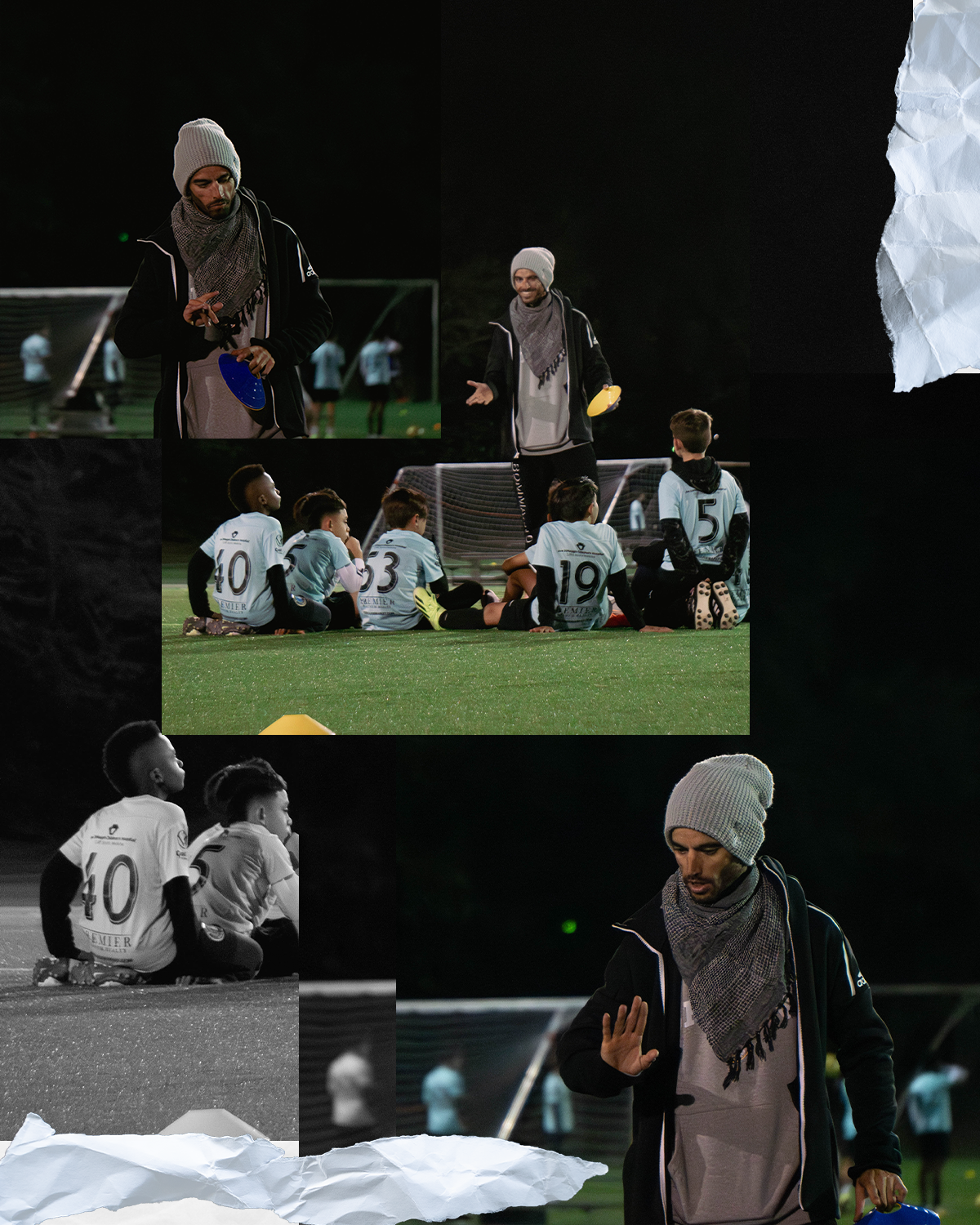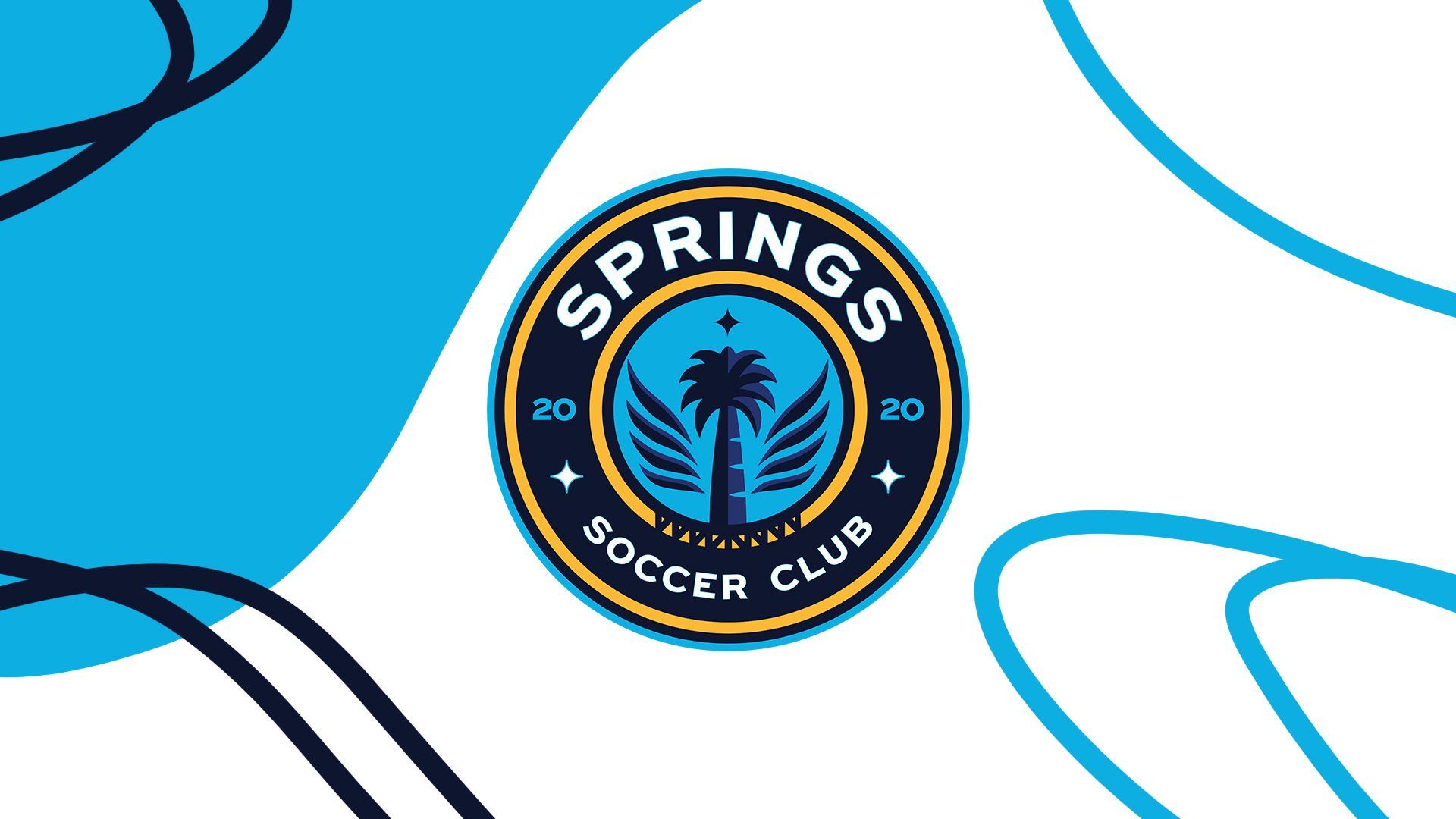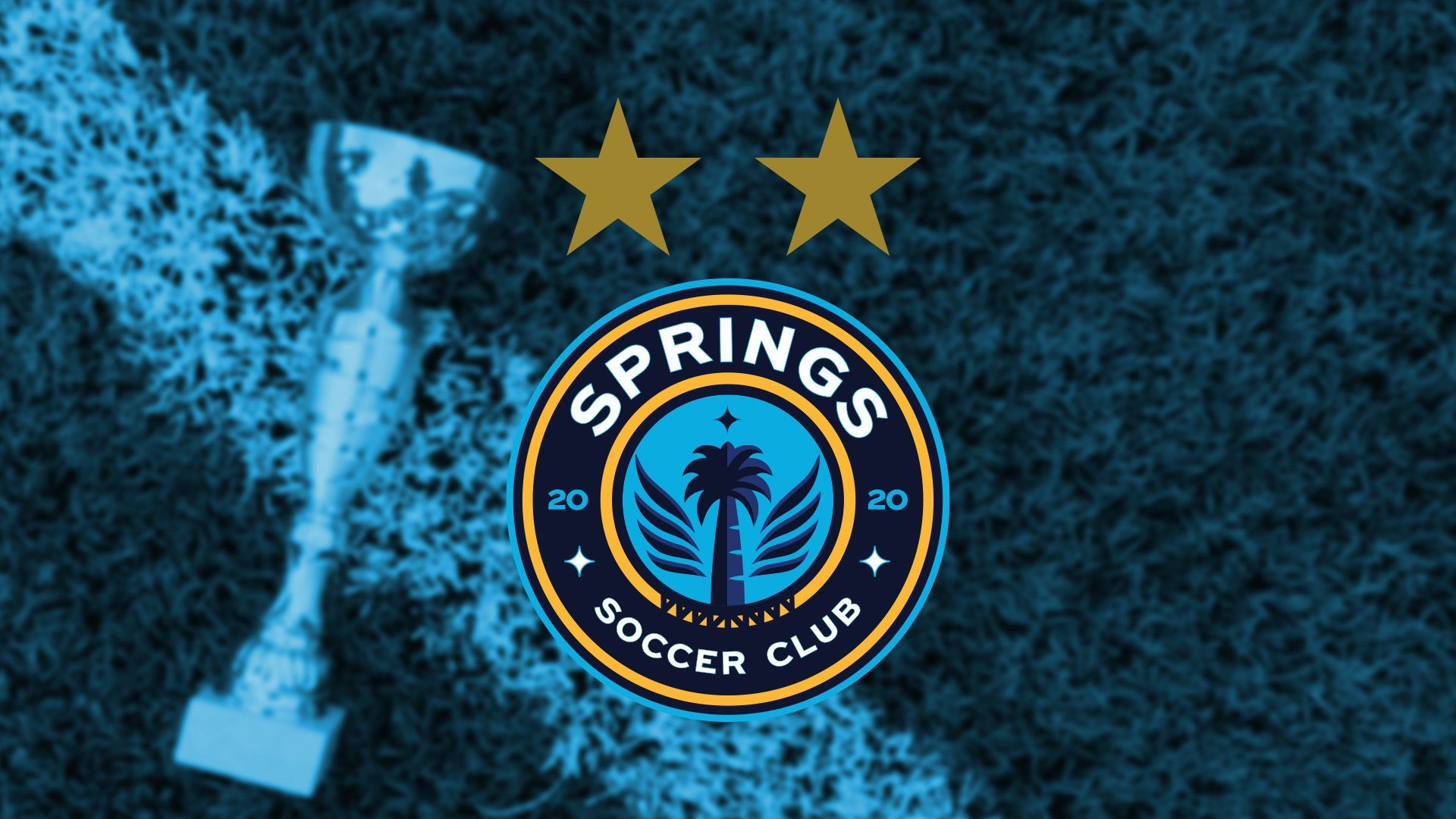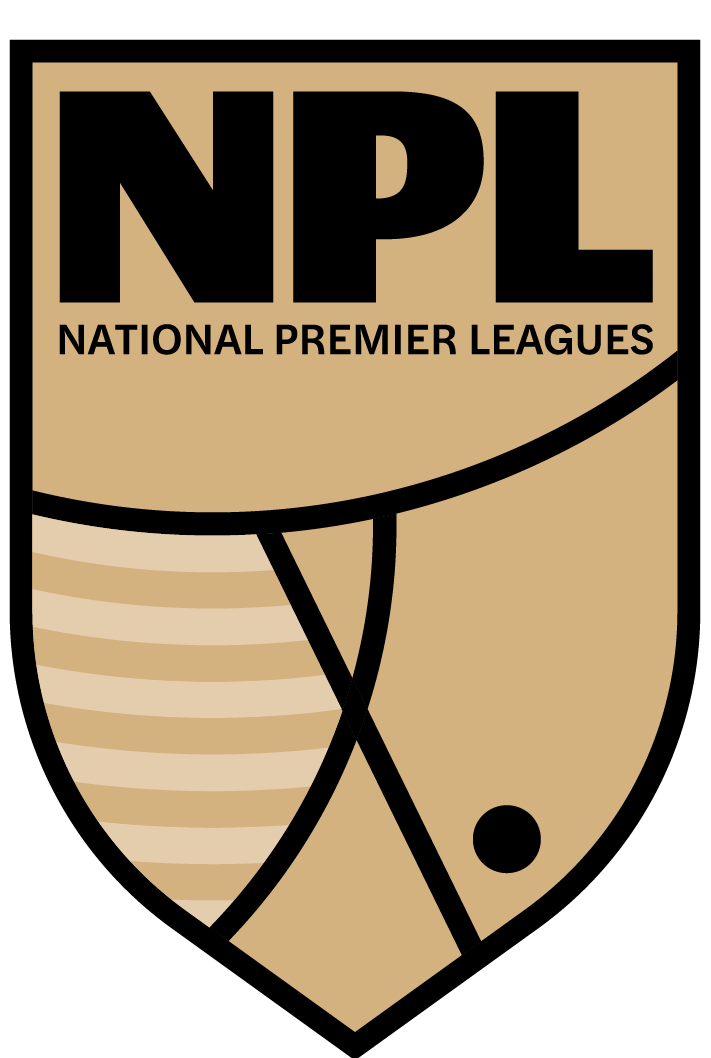Hydrate to Dominate: Why is Water Vital to Performance?
Why IS Hydration is Essential?
1. Optimal Performance: Proper hydration is key to maintaining peak physical performance. Water helps regulate body temperature, lubricates joints, and transports nutrients to give athletes the energy they need. Even slight dehydration can lead to decreased strength, power, and endurance, affecting an your ability to perform at your best.
2. Cognitive Function: Hydration affects not only physical performance but also cognitive function. Dehydration can impair concentration, coordination, and decision-making skills, which are critical in sports. Staying hydrated ensures you remain alert and focused during practice and games.
3. Health and Safety: Children and adolescents are more susceptible to dehydration than adults because their bodies are less efficient at regulating temperature. Dehydration can lead to serious health issues such as heat exhaustion or heat stroke. Ensuring proper hydration helps prevent these dangerous conditions and keeps young athletes safe.
Risks of Dehydration
Dehydration can have several adverse effects for athletes, including:
- Decreased Performance: As mentioned, even mild dehydration can significantly impair your athletic performance, reduce stamina, speed, and strength.
- Cramps and Injuries: Dehydrated muscles are more prone to cramps and injuries, which can sideline athletes and affect their overall performance and development.
- Heat-Related Illnesses: Younger athletes are at a higher risk of heat-related illnesses such as heat exhaustion and heat stroke, which can be life-threatening if not addressed promptly.
- Cognitive Impairment: Dehydration can affect mental clarity and reaction times, making it harder for you to make quick decisions and maintain focus during competition.
Tips for Keeping YOUR CHILD Hydrated
1. Encourage Regular Water Intake: Players should be encouraged to drink water before, during, and after physical activity. A general guideline is to drink at least 8 ounces of water every 20 minutes during activity.
2. Educate on Signs of Dehydration: Learn about the signs of dehydration, such as dry mouth, dizziness, headache, and dark urine. Recognizing these symptoms early can prevent more severe issues.
3. Use Electrolyte Solutions When Necessary: For activities lasting longer than an hour or in hot and humid conditions, consider sports drinks that contain electrolytes. These drinks help replace sodium, potassium, and other electrolytes lost through sweat. But remember these drinks are not a substitution for some quality H2O.
4. Make Hydration Accessible: Ensure that water is readily available during practices and games. Coaches and parents should provide plenty of opportunities for athletes to hydrate, especially during breaks. If you think your coach hasn't given frequent enough breaks, don't be afraid to speak up.
5. Promote a Hydration Routine: Encourage athletes to develop a hydration routine that includes drinking water throughout the day, not just during physical activity. This habit helps maintain overall hydration levels. Buy a reusable bottle, and set a goal on how many times you empty it throughout the day.
6. Lead by Example: Coaches, parents, and teammates should model good hydration habits. When kids see adults prioritizing hydration, they are more likely to do the same. Springs health standards aren't just for the players. We should all strive to take good care of our bodies!
Conclusion
Hydration is a fundamental aspect of maintaining health, safety, and peak performance in youth sports. By understanding the importance of hydration and implementing strategies to ensure our athletes stay properly hydrated, we can help them achieve their best on and off the field. This is a life lesson that soccer creates the perfect environment to teach. Prioritizing hydration not only enhances athletic performance but also instills a lifelong habit that contributes to overall well-being. And to top it off, water just tastes good.
If you made it this far, go refill that bottle!
And if you are interested in more information about athlete health and nutrition, you can download the US Soccer Nutrition Guide here!














